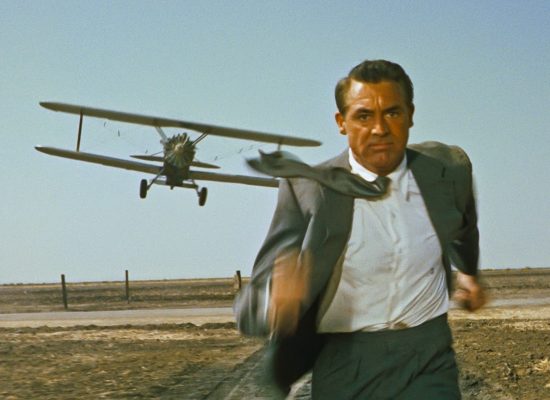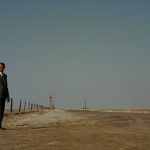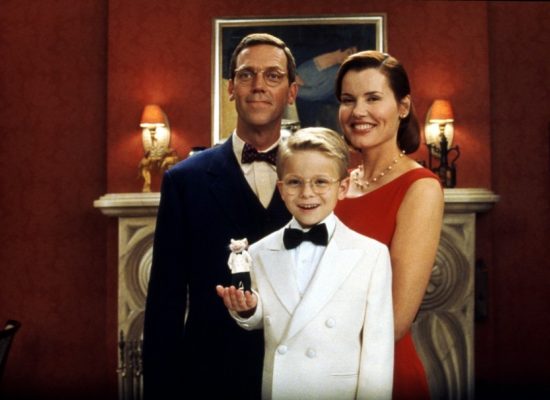Watch Trailer
Director: Joe Layton
Writer(s): Richard Pryor
Language: English
Just recovered from his notorious free-basing accident, Richard Pryor made a notable return in the much-acclaimed Live on the Sunset Strip. His comments on that event, as well as his notorious comments on sex, politics and race, pepper the 82-minute concert film.
“There will always only ever be one Richard Pryor, and his profoundly inspired performance shows exactly why.” – Cole Smithey, Daily Radar
Share this Film
Click on Showtimes to Get Tickets Online
 96 MIN
96 MIN

















